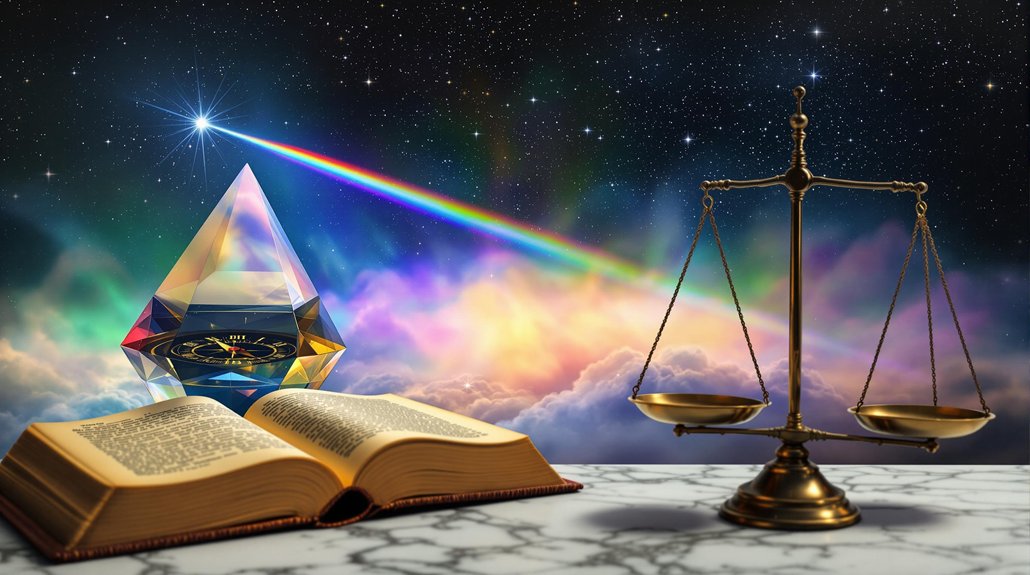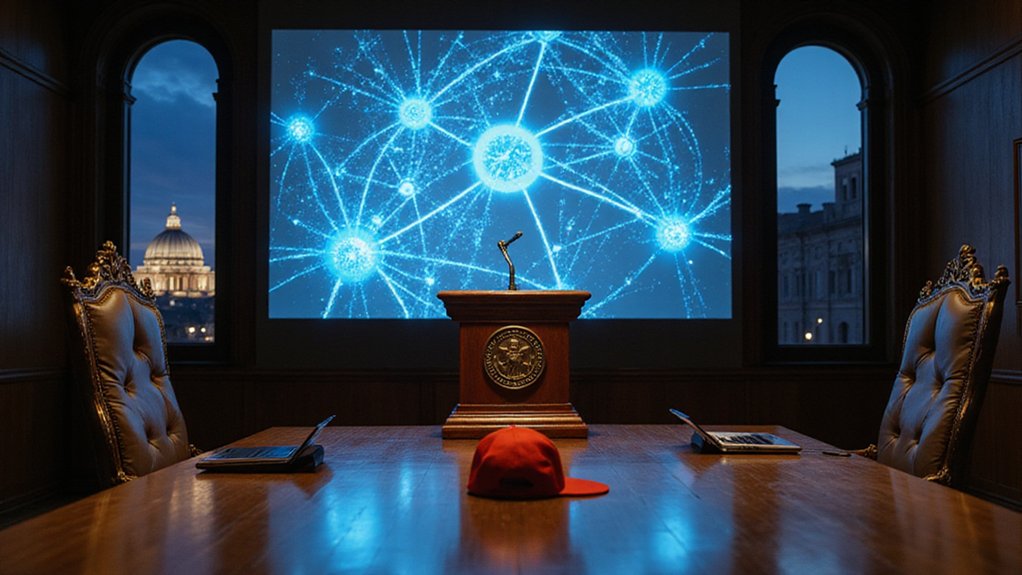Science can’t answer everything. While it explains natural phenomena effectively, certain knowledge remains beyond its reach. Moral values, subjective experiences like love, supernatural claims, and complex systems with unpredictable behaviors all fall outside scientific measurement. The human experience isn’t fully captured by brain scans or hormone levels. Understanding our world completely requires collaboration between scientists, philosophers, artists, and religious thinkers. The boundaries of scientific knowledge aren’t limitations but opportunities for broader exploration.
While science has helped humans understand much of the natural world, there are many areas of knowledge that remain outside its reach. Scientists can explain chemical reactions and gravity, but they can’t tell us what’s morally right or wrong. These questions belong to philosophy, religion, and culture rather than laboratories or experiments.
Science reveals the mechanics of our world but leaves questions of right and wrong to philosophy, religion, and culture.
When people debate whether an action is fair or just, science can provide facts but can’t determine which choice is more ethical. For example, science can show how medicines work, but can’t decide who should receive limited treatments during shortages. These decisions require value judgments that go beyond scientific methods.
Human experiences like love, grief, and happiness have physical components science can measure, but their full meaning can’t be captured in brain scans or hormone levels. A person’s sense of identity and purpose involves questions that scientific tools weren’t designed to answer. That’s why we still turn to literature, art, and music to help understand these complex feelings. Science can provide information about aesthetic experiences but aesthetic judgments remain deeply personal and subjective.
Questions about God, spirits, or an afterlife also fall outside science’s domain. Since supernatural claims can’t be tested in labs or observed reliably, they remain matters of personal belief rather than scientific fact. The same applies to metaphysical questions about why the universe exists at all or whether life has inherent meaning.
The growing specialization in scientific fields creates another limitation. As researchers become experts in narrower areas, it’s harder to connect knowledge across disciplines. Complex systems like economies or ecosystems often behave in unpredictable ways that resist simple scientific models.
Scientists themselves recognize these boundaries. Many work alongside philosophers, artists, and religious thinkers to address life’s biggest questions. Ethical AI development faces cultural differences that impact how fairness and responsibility are defined across different societies. This collaboration acknowledges that human understanding depends on multiple ways of knowing, not just scientific methods.
While science continues to expand human knowledge, some questions will always require perspectives beyond what science alone can provide.









